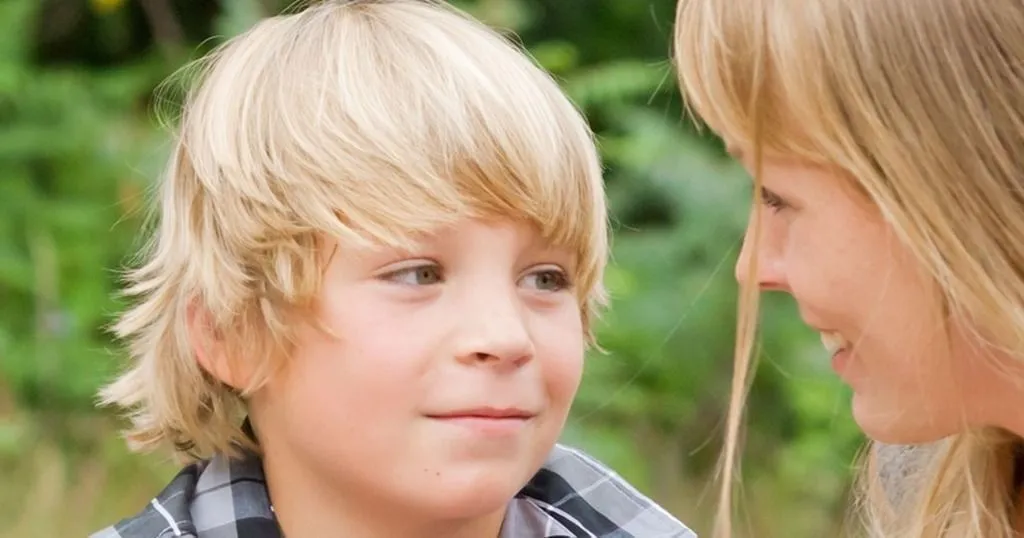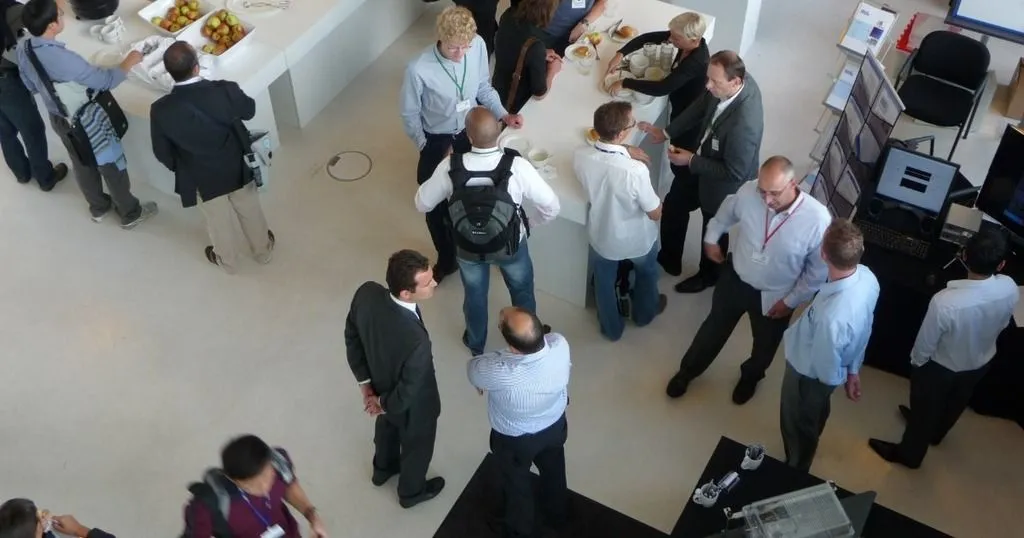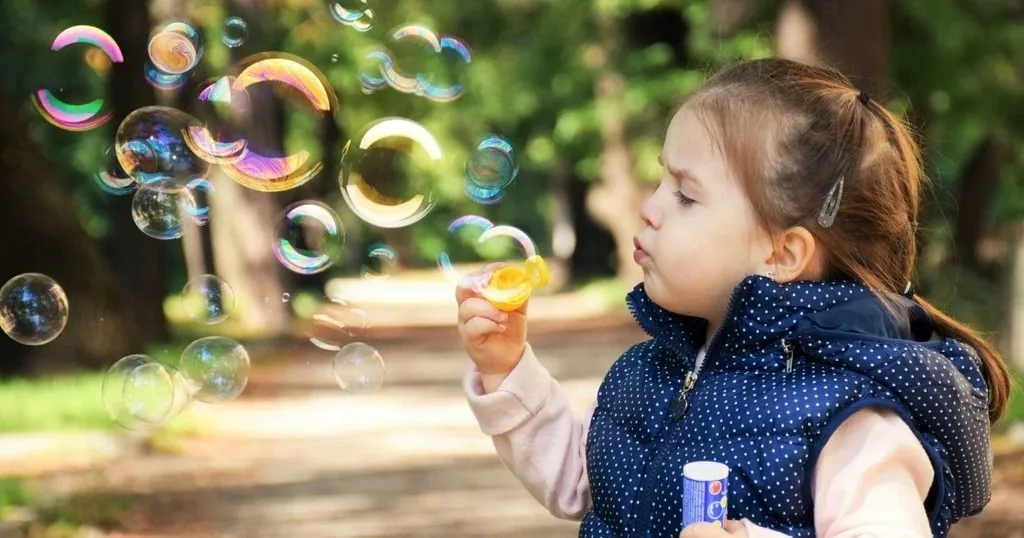Become and stay aware about children with autism
Autism is a developmental disability that remains with a person for his or her whole life. The World Autism Awareness Day tries to bring awareness to this growing health concern.
Posted by
Published on
Wed 06 Apr. 2016
Topics
| Autism | Child | Child Development | Cognition | Parent-child Interaction | Social Communication | The Observer XT | Developmental Disorder |

Last week I had a chat with a friend of mine whose eldest son (8 years old) was diagnosed several years ago with Autistic Spectrum Disorder (ASD). She told me about a conversation she and her husband had with a speech therapist, who explained to them that when someone asks their son a question or tells him something to do, it usually takes 7 seconds before his brain processed this information.
Imagine that, 7 seconds – that’s quite a lot. In those 7 seconds many other words can be said or questions can be asked. But for this little boy it means that it is important to speak slowly and give one instruction at a time, or you will likely get little to no response, or only partial task completion.
Become and stay aware about children with autism
When there is a lack of understanding, you don’t realize that he needs this time to see the whole picture. When you have to deal with this over and over again, every single day, you can become very frustrated and annoyed by the child’s seeming failure to understand, or worse, lack of desire to listen.
World Autism Awareness Day
Autism is a developmental disability that remains with a person for his or her whole life. It is a neural development disorder that affects the ability to socialize normally by impacting both verbal and non-verbal communication.
Every year, on the 2nd of April, World Autism Awareness Day tries to bring awareness to this growing health concern. Respect, Acceptance, and Inclusion are the themes this year. Speaking with my friend helped me become aware that when I talk to her son, the resistance I sometimes experience is not a result of a child who doesn’t care or doesn’t feel like listening or talking to me; it just takes him additional time to process what I’m saying to him or asking of him.
Most of the time, I’m not aware of that keep speaking, telling him more information and asking him more questions. I understand now I need to respect his disabilities and accept that it takes time to have a talk with him.
Acting techniques can help improve social cognition
In 2015 researchers at Vanderbilt University, Nashville, USA, used a randomized trial to investigate improvements in social competence for children and adolescents with ASD, ages 8 to 14. They evaluated and extended the impact of a peer-mediated, theatre based intervention. They emphasized that acting is an inherently interactive process that involves many aspects of socializing: observing, recognizing, interpreting and expressing thoughts, feelings and ideas.
Therefore, the training in and practice of acting techniques had the potential to target basic shortfalls in ASD, such as communication with others, flexible and imaginative thinking, and theory of mind.
They used the SENSE Theatre program, which involves role-playing, improvisation, and play performance. Moreover, this theatre based intervention consisted of peer-mediating: trained peer actors were paired with a child or adolescent with ASD. The third component of the treatment was homework of watching and practicing with video models. The Observer XT was used for the collection, analysis, and presentation of observational data.
The researchers found that participation in the theatre intervention resulted in improvement in social cognition for the experimental group.
What goes on in the head of a child with autism?
Autism affects approximately 1 out of every 150 children around the world, girls and boys of all races and in all geographic regions and has a large impact on children, their families, communities, and societies. The diagnosis and prevalence is currently rising in many countries around the world. Caring for and educating children and young people with this condition places challenges on health care, education and training programs.
A program like the SENSE Theatre, using peer mediating, could be a valuable contribution in education and symptom treatment.
And as for me, I realize it’s important to learn more about autism and what goes on inside of the head of someone with autism to expand my relationship with my friend’s son, and have more fun together with him.
Reference
To read more on this study, find the original results here:
Corbett, B.A.; Key, A.P.; Qualls, L.; Fecteau, S.; Newsom, C.; Coke, C. & Yoder, P. (2015). Improvement in social competence using a randomized trial of a theatre invention for children with autism spectrum disorder. Journal of Autism and Developmental Disorders, DOI 10.1007/s10803-015-2600-9.
Related Posts

Psychology conferences in 2023

Understanding infants’ development of moral and social behavior


